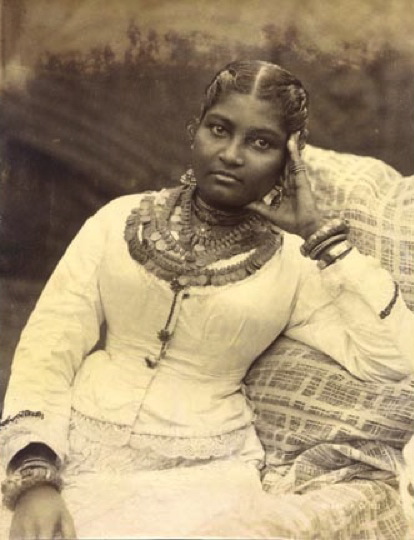A can of worms, indeed:
ISLAMIC law has been officially adopted in Britain, with sharia courts given
powers to rule on Muslim civil cases.The government has quietly sanctioned the powers for sharia judges to rule on
cases ranging from divorce and financial disputes to those involving
domestic violence.Rulings issued by a network of five sharia courts are enforceable with the
full power of the judicial system, through the county courts or High Court.Previously, the rulings of sharia courts in Britain could not be enforced, and
depended on voluntary compliance among Muslims.[…]
Under the act, the sharia courts are classified as arbitration tribunals. The
rulings of arbitration tribunals are binding in law, provided that both
parties in the dispute agree to give it the power to rule on their case.
This is one of those issues that are subtle and complex. On one hand, the idea that a minority can employ a parallel system for arbitration of disputes is not unique to British muslims – Jewish Beth Din courts have operated for over a century in Britain and also are used to resolve civil disputes. A good article at the BBC gives some context:
The Beth Din is the most formally entrenched of these
minority courts. The UK’s main Beth Din is based in Finchley, north
London.It oversees a wide range of cases including divorce settlements, contractual rows between traders and tenancy disputes.
The court cannot force anyone to come within its jurisdiction. But once
someone agrees to settle a dispute in the Beth Din, he or she is bound
in English law to abide by the court’s decision.This is because under English law people may devise their own way to settle a dispute before an agreed third party.
Crucially, the legislation does not insist that
settlements must be based on English law; all that matters is the
outcome is reasonable and both parties agree to the process. And it’s
in this space that religious courts, applying the laws of another
culture, are growing in the UK.
For civil matters, the idea of Shari’a tribunals (not “courts” in the strict sense) is a reasonable one. However, the problem is that these courts are also permitted to handle cases of domestic violence, which enters the realm of criminal, not civil, law:
It has also emerged that tribunal courts have settled six cases of domestic
violence between married couples, working in tandem with the police
investigations.Siddiqi said he expected the courts to handle a greater number of “smaller”
criminal cases in coming years as more Muslim clients approach them. “All we
are doing is regulating community affairs in these cases,” said Siddiqi,
chairman of the governing council of the tribunal.
Further, while the Shari’a system in theory must be agreed to by both parties, in matters like domestic violence it is easy to conceive that the weaker party may be coerced into accepting it – and for domestic cases, that’s usually the woman, who is then again disadvantaged in the outcome since Shari’a law favors males in matters of testimony.
I fully agree with thabet at Talk Islam that the jurisdiction of these Shari’a courts over domestic violence cases is deeply troubling, and requires a clear delineation of the line between civil and criminal matters:
What is probably needed is an expert’s analysis on the line between a
criminal matter (related to domestic violence) and marital issues under
consideration by a Muslim arbitration tribunal, such as those reported
by The Times (and repeated elsewhere). The erosion of this line is not, and should not, be considered acceptable. Further, as one legal scholar has argued, “the
state should seek to apply all human rights and anti-discrimination
legislation rigorously to avoid structural discrimination in the
operation of these minority courts of arbitration”. Anything less would be an abdication of responsibility by the state.
What is important here is that the Shari’a tribunals exist solely within a space permitted by English Law. Just as the Arbitration Act provides the foundation for these tribunals’ existence, so too does it provide a basis for their regulation.
Rod Dreher also noticed this story, and categorized it as “dhimmitude” [1] and implies it represents the “decline and fall” of the West. The term dhimmitude gets tossed around rather easily nowadays, but the existence of these tribunals is not any kind of threat to the British system, any more than the Beth Din courts are. Shari’s law is still subordinate to British Law, and only possess authority granted to it. The challenge here is far more mundane than the breathless Clash of Civilizations narratives; it is simply to reconcile tradition with modern values, especially on the gender front. The government must not be swayed by hyperbole about separation of church and state, and act aggressively to ensure that the boundaries of arbitration are clear and firm, as thabet noted. In doing so, the ideal of freedom of religion can coexist with the rule of law, and modern progressive values.
[1] The word dhimmitude is one of those terms, like crusade or inquisition or reformation, that touches on centuries-old religious fault lines but has very little meaning or applicability in the modern world. Use of these terms serves only to impede honest debate. These are dangerous words because their purpose is to inflame rather than inform.

